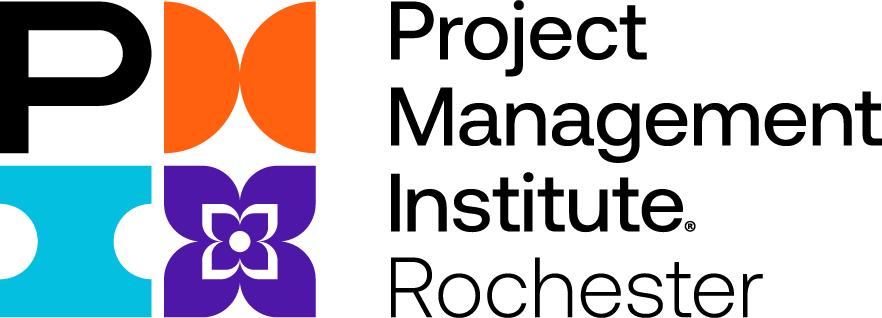27 October 2023 at 06:00AM
Using Lessons Learned To Keep a Project from Haunting You
Given it’s spooky season, I’ve been thinking about projects that “haunt” me. In the world of project management, every project undertaken is a unique journey, filled with its own set of challenges, successes, and lessons. While we often focus on the success stories, it's essential not to forget the valuable insights gained from projects that did not go as planned. These "lessons learned," can be instrumental in preventing past mistakes from haunting you and your future projects. Let’s explore the importance of documenting and utilizing lessons learned as a powerful tool in improving project outcomes and ensuring that the ghosts of past projects do not return to haunt us.
What are Lessons Learned?
Lessons learned are the experiences and knowledge acquired throughout a project's lifecycle. They encompass both successes and failures and are valuable sources of information that can be used to guide future project endeavors. These lessons can be related to project management methodologies, technical processes, interpersonal dynamics, and any other aspects of a project. The key is to extract meaningful insights from both positive and negative experiences. This is often done by conducting an After Action Review (AAR).
The Importance of Documenting Lessons Learned
- Preventing Repetition of Mistakes: The biggest benefit of documenting lessons learned is the ability to prevent the repetition of past mistakes. By recording what went wrong and why, project managers and team members can avoid making the same errors in future projects.
- Continuous Improvement: Lessons learned offer the opportunity for continuous improvement. They provide a basis for evaluating and enhancing project management processes, resulting in increased efficiency, effectiveness, and overall project success.
- Knowledge Transfer: Lessons learned help in preserving institutional knowledge. As team members come and go, documented experiences ensure that valuable insights are not lost but can be passed on to future generations of project managers and teams.
- Enhancing Risk Management: Understanding the challenges and pitfalls encountered in past projects allows for better risk identification and management in new initiatives. It empowers project managers to be proactive in mitigating potential issues.
- Boosting Confidence and Morale: Learning from past experiences and applying these lessons instills confidence in the project team. It demonstrates that the organization is committed to growth and learning, which can have a positive impact on team morale.
The Process of Capturing and Using Lessons Learned
- Identification: To capture lessons learned, begin by identifying what worked well and what didn't in the project. This can be done through team discussions, surveys, and interviews with stakeholders.
- Documentation: Record lessons learned in a structured manner. Include details about the project, the context in which the lesson was learned, the specific issue or success, and any recommended actions for the future.
- Analysis: It's essential to analyze the lessons learned to extract actionable insights. This might involve identifying common trends or root causes of recurring issues.
- Sharing: Lessons learned should be shared within the organization. A knowledge repository or database can be a valuable resource for project managers and teams. Additionally, sharing lessons learned during project kick-off meetings can set the stage for success. Another great way to share lessons learned is by presenting them as part of a chapter meeting at PMI Rochester!
- Application: The ultimate goal of capturing lessons learned is to apply them to future projects. Ensure that these insights inform project planning, risk management, and decision-making.
We all encounter projects that, at some point, feel like they're coming back to haunt us. However, the ghosts of the past can be laid to rest by leveraging lessons learned. By diligently documenting, analyzing, and applying the knowledge gained from previous projects, we can improve our project management processes, reduce risks, and increase our chances of success. Lessons learned are not just historical anecdotes; they are the building blocks for a better project future. So, embrace the wisdom gained from your past projects, and let it guide you towards a more successful, less haunted project landscape. And, if you’re interested in sharing your lessons learned with the Rochester Chapter, please contact us at communications@pmirochester.org and we'll share them in a future blog post.



